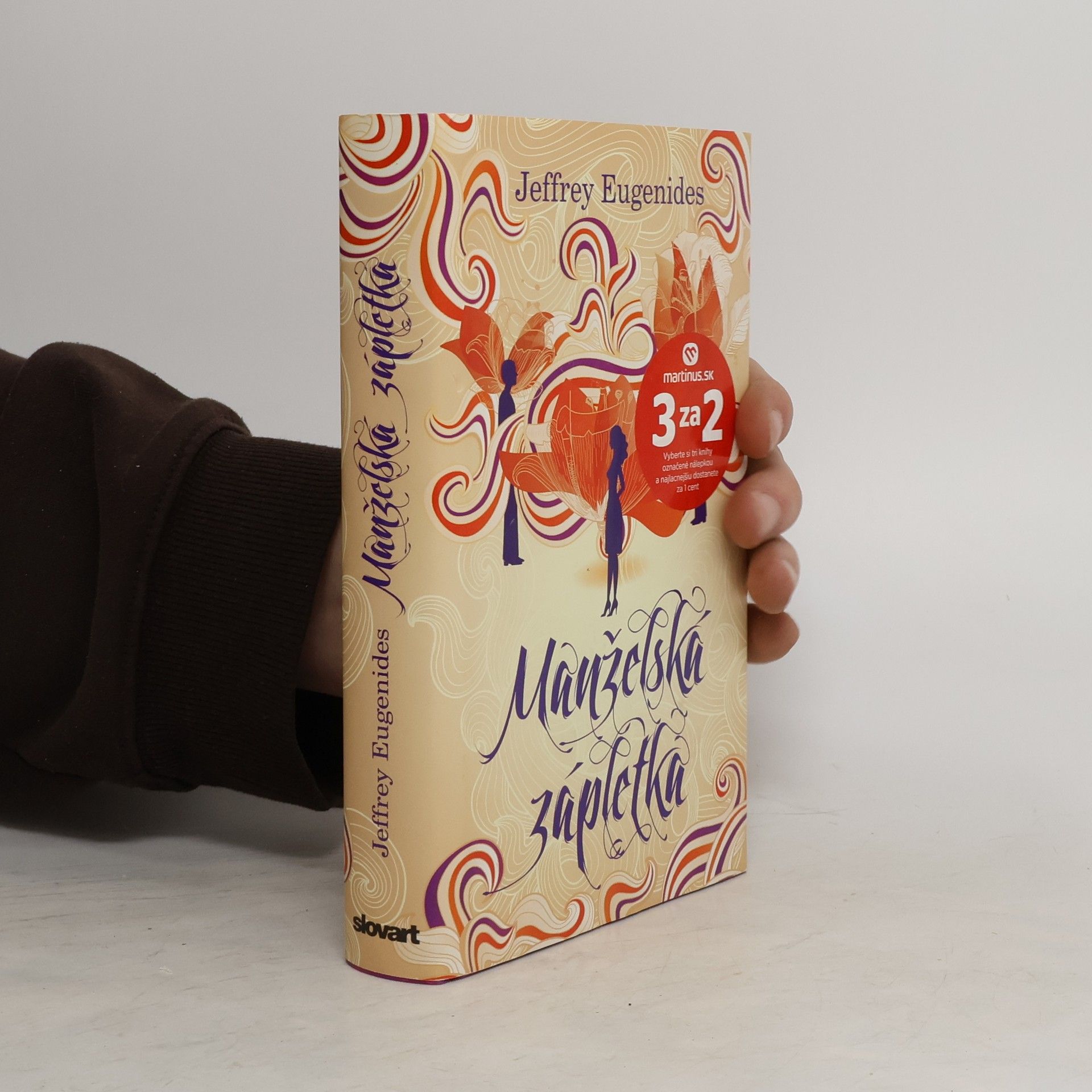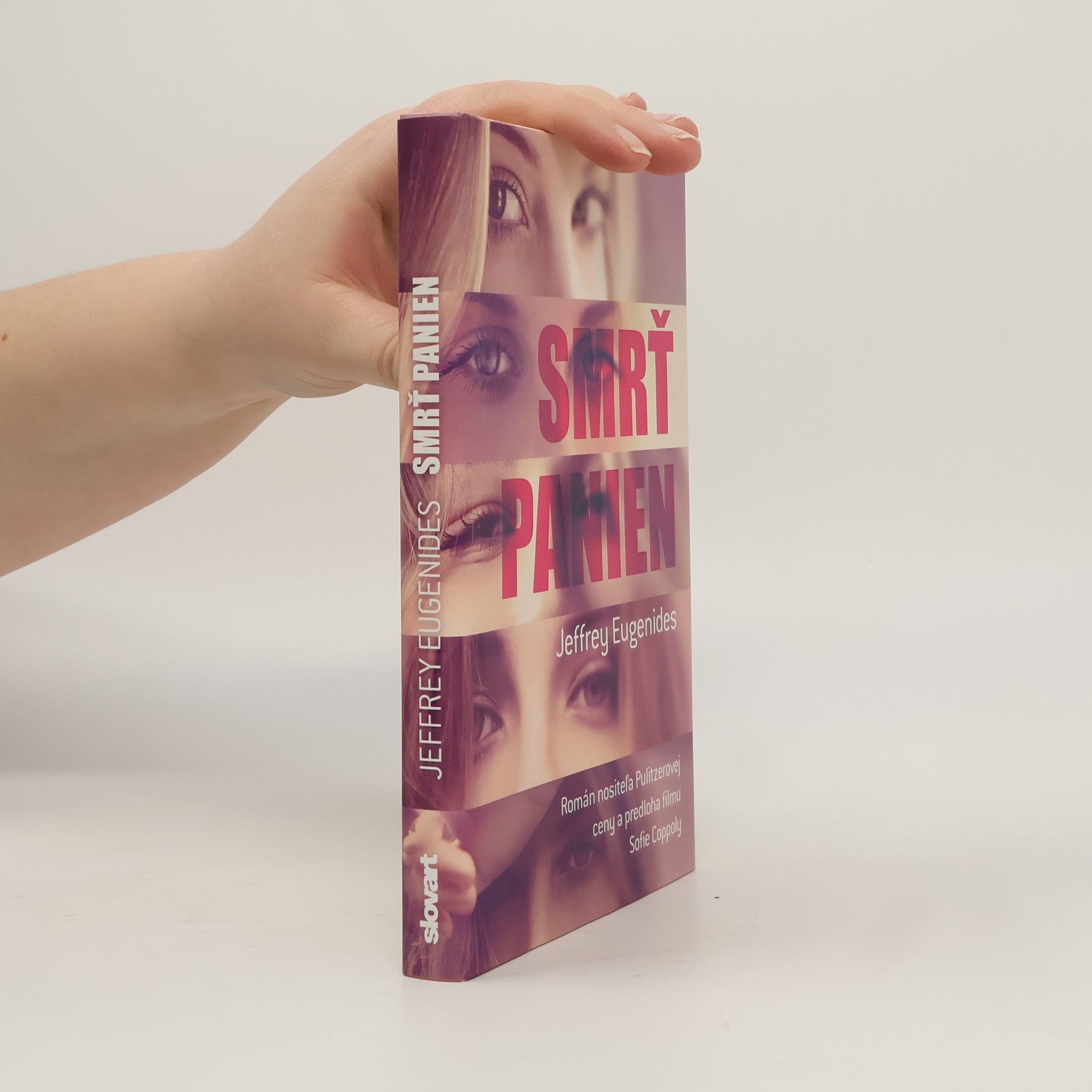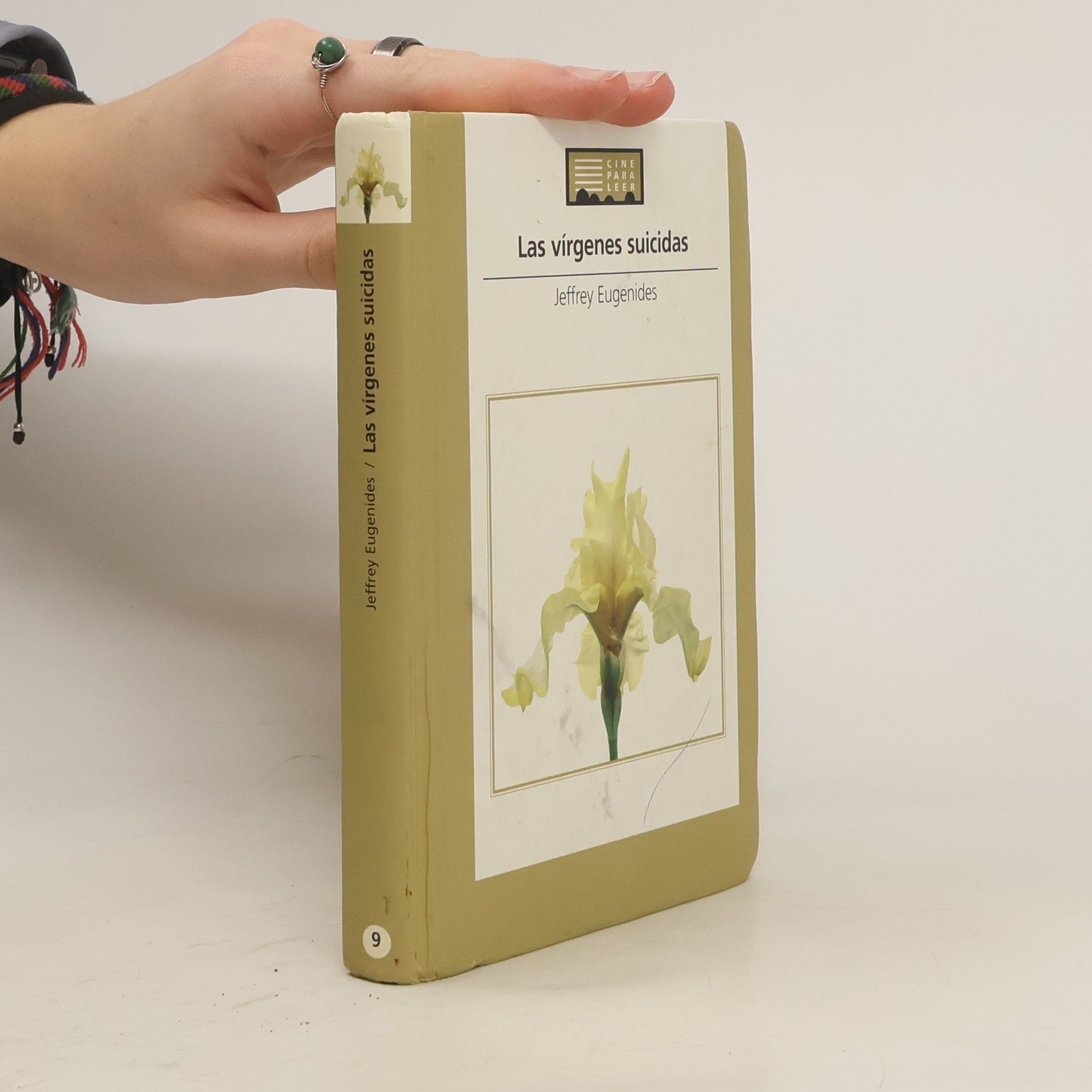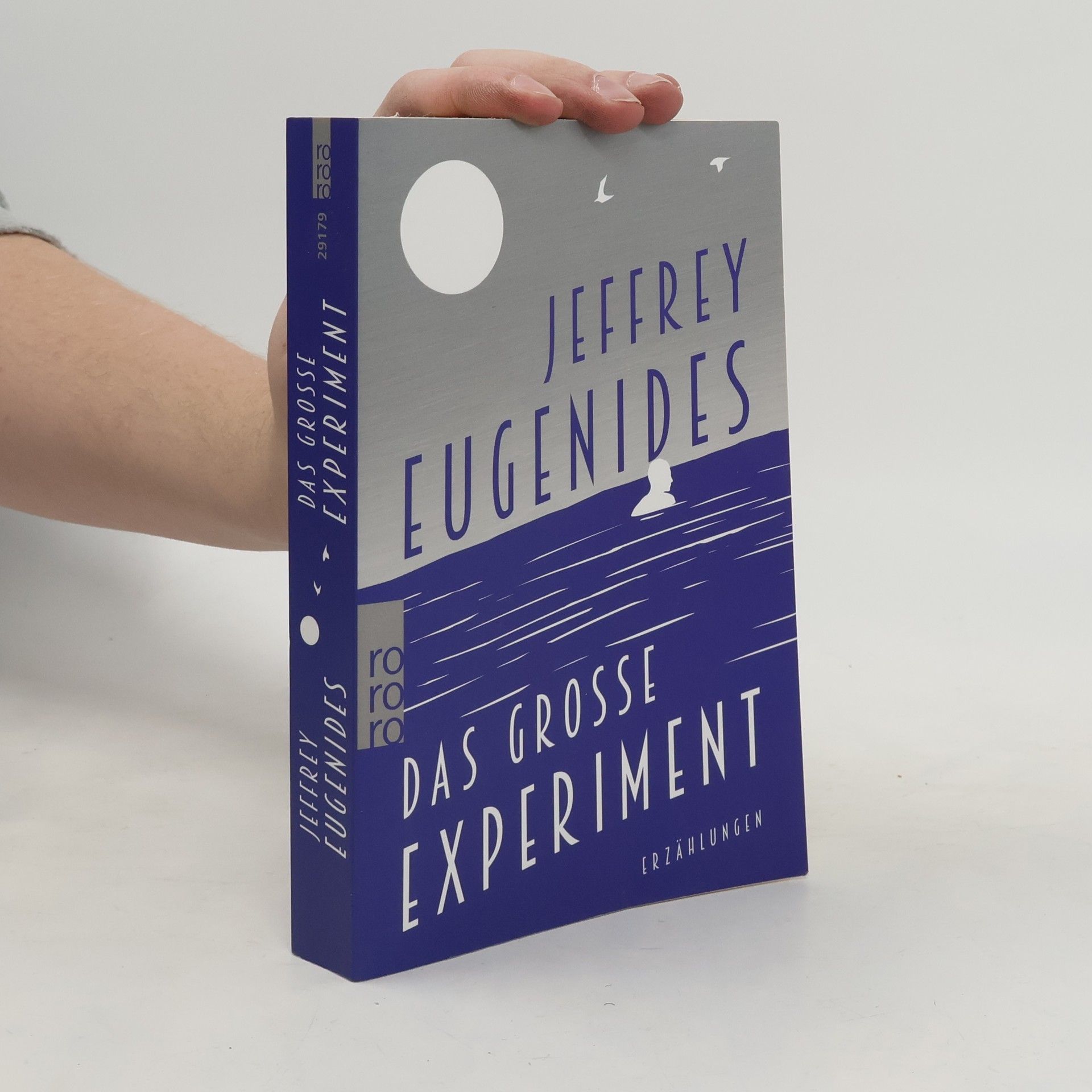Smrť panien
- 198 stránok
- 7 hodin čítania
Debutový román nositeľa Pulitzerovej ceny Jeffreyho Eugenidesa, na motívy ktorého vznikol v roku 1999 rovnomenný kultový film, rozvíja príbeh rodiny Lisbonovcov z pokojného predmestia Detroitu. Jeho kronikármi sú muži v strednom veku, čo sa prostredníctvom spomienok snažia odhaliť tajomstvo melanchólie tejto rodiny. Všetko sa začalo jedného leta, keď Lisbonove dcéry, krásne a excentrické, jedna za druhou spáchali samovraždu. Muži, v tom čase ešte len chlapci, fascinovaní dospievajúcimi dievčatami, pozorovali ich osudy z diaľky a s odstupom času skladajú mozaiku fatálneho úpadku Lisbonovcov. Eugenidesovo dielo Smrť panien súčasná americká literárna kritika radí medzi modernú klasiku, jeho lyrický a nadčasový príbeh transformuje a demytologizuje život americkej strednej triedy.










